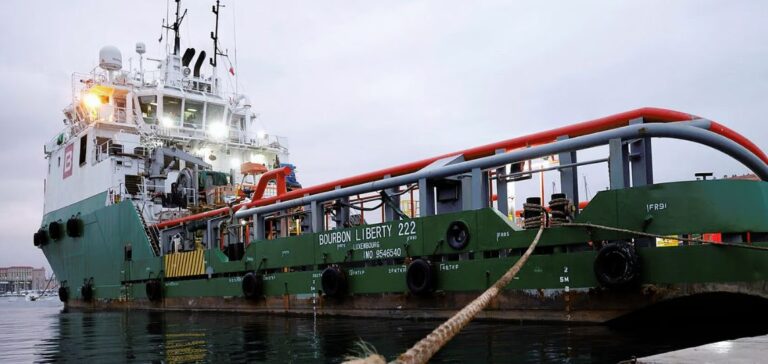The management of French oil and gas group Bourbon has denied having bribed Nigerian tax officials to reduce a tax reassessment. Eight current and former Group executives are appearing before the Marseilles Criminal Court for corruption charges in Nigeria, Equatorial Guinea and Cameroon. According to the prosecution, $2.7 million was paid in 2012 to Nigerian tax auditors to reduce a tax reassessment from $227 million to $4.1 million.
Liability returned to Intels
Bourbon claims that negotiations with the Nigerian tax authorities were delegated to their local partner, Intels, a subsidiary of the Orleaninvest group. Intels had set up two companies in joint venture with Bourbon: Bourbon Interoil Nigeria Limited (BINL) and Bourbon Offshore Interoil Nigeria Service Limited (BOINSL). At the trial, Gaël Bodénès, then Deputy Chief Operating Officer and now Bourbon’s number 1, expressed his regret that “[h]is instructions had not been followed”. He stated that he had given no instructions to approve bribe payments.
Managers’ reactions
Christian Lefèvre, former Managing Director of Bourbon, assured us that he was opposed to any form of corruption. His first reaction, he said, was “there’s no way Bourbon would be involved in this kind of request”. However, none of the executives mentioned having given explicit instructions to prevent suspicious payments. Laurent Renard, former Chief Financial Officer, also denied any involvement, stressing that he had no power over Intels.
Exchange of compromising e-mails
Email exchanges between Marc Cherqui, Bourbon’s tax director in Lagos, and other company executives were presented as evidence. These e-mails suggest corruption in progress. In his testimony, Rodolphe Bouchet, Director of Bourbon Marine and Logistics, referred to e-mails concerning a bribe of two million euros. Gaël Bodénès justified his lack of reaction to these e-mails by saying that he was managing a kidnapping crisis involving Bourbon sailors.
The defense of Bourbon
Bourbon’s executives maintain that the company has paid what it owes to the Nigerian tax authorities, without resorting to illegal means. They maintain that if any funds have been paid out, this is the responsibility of Intels, a group with great local influence. The court will examine allegations of corruption in Cameroon and Equatorial Guinea over the coming days, with an indictment expected on Tuesday.
Bourbon vigorously defends itself against accusations of corruption, placing the blame on its local partner, Intels. Perhaps the next few days of the trial will shed more light on the practices of the company and its partners in Africa.






















